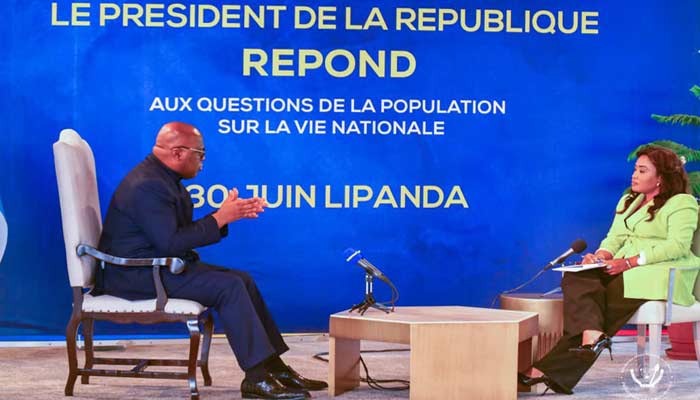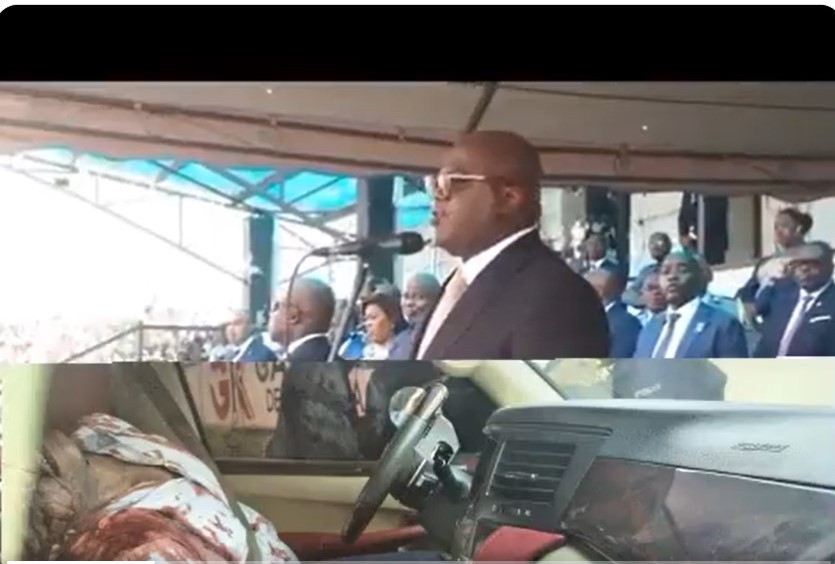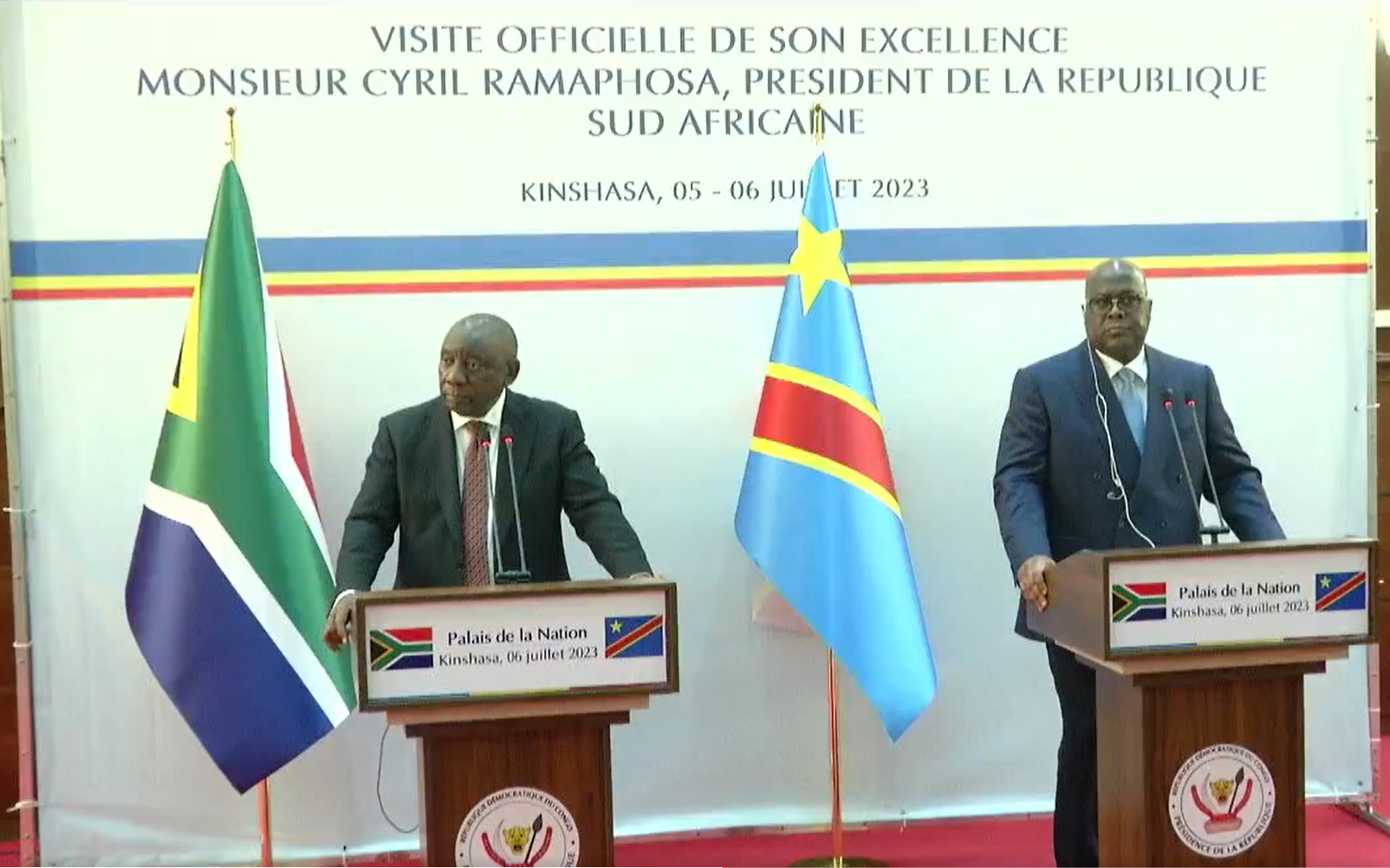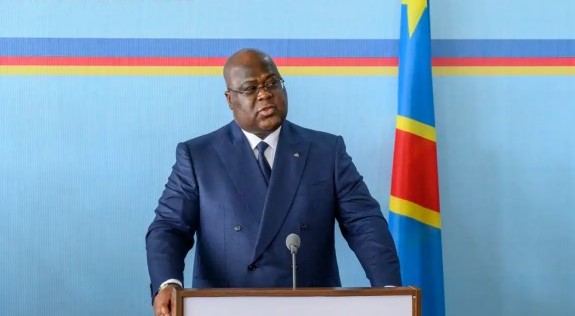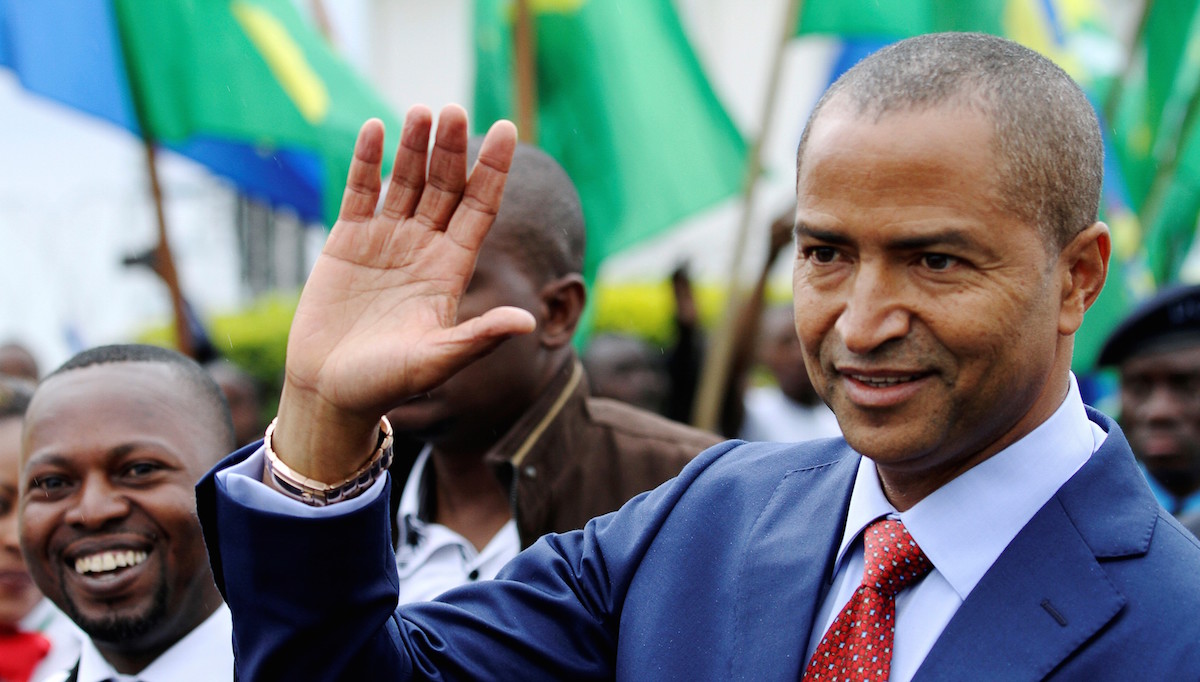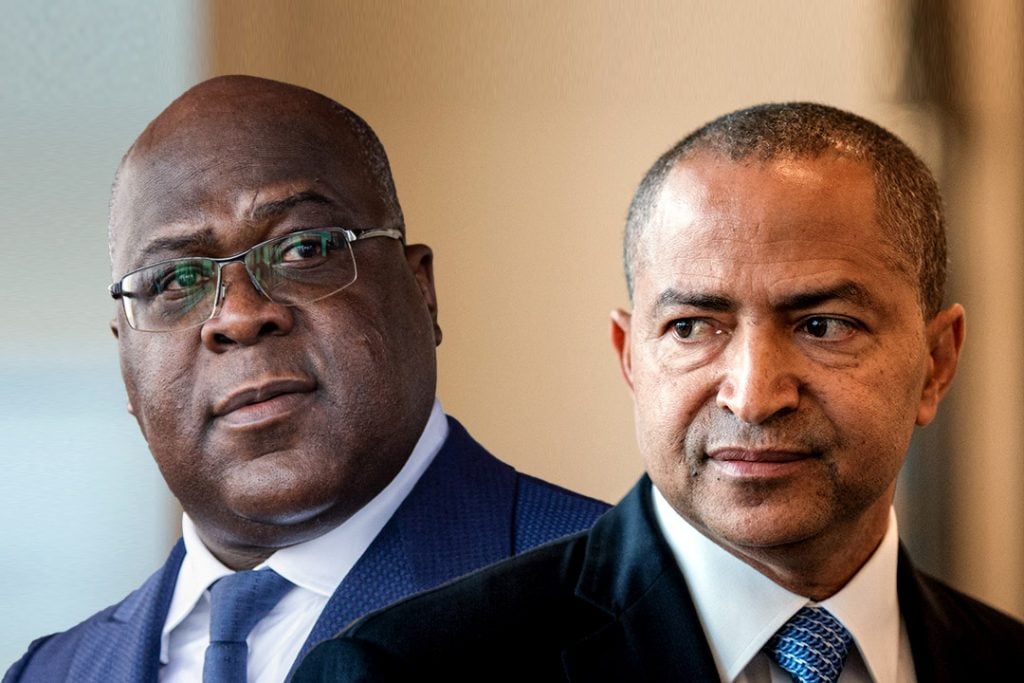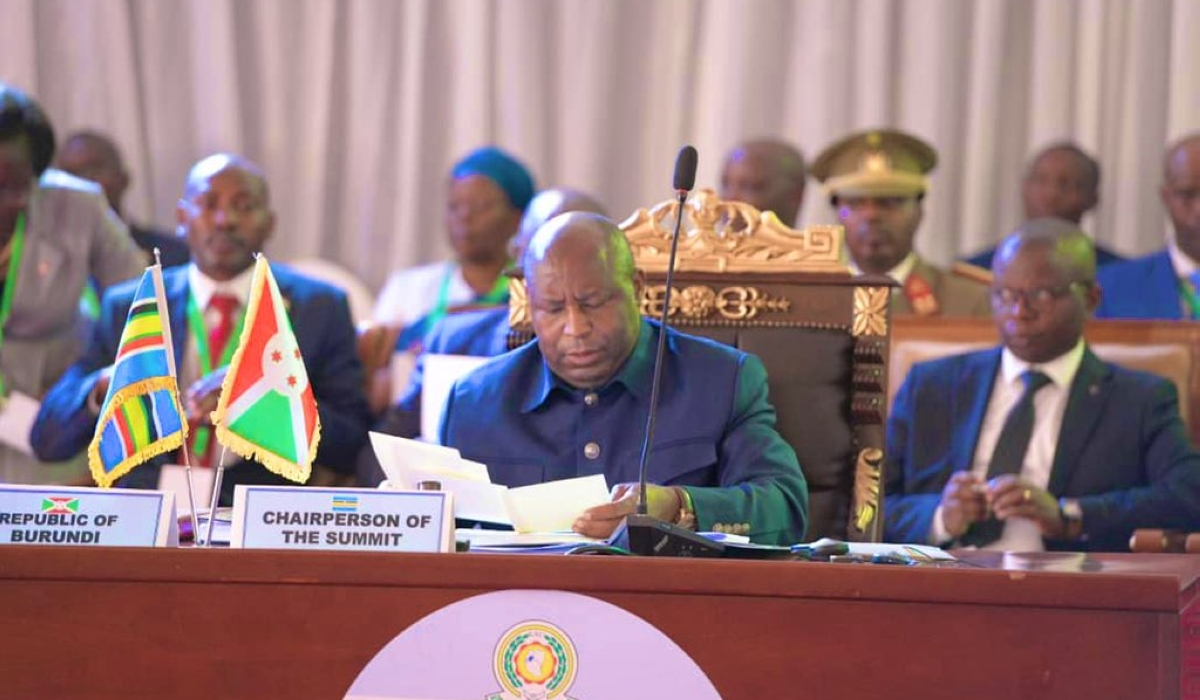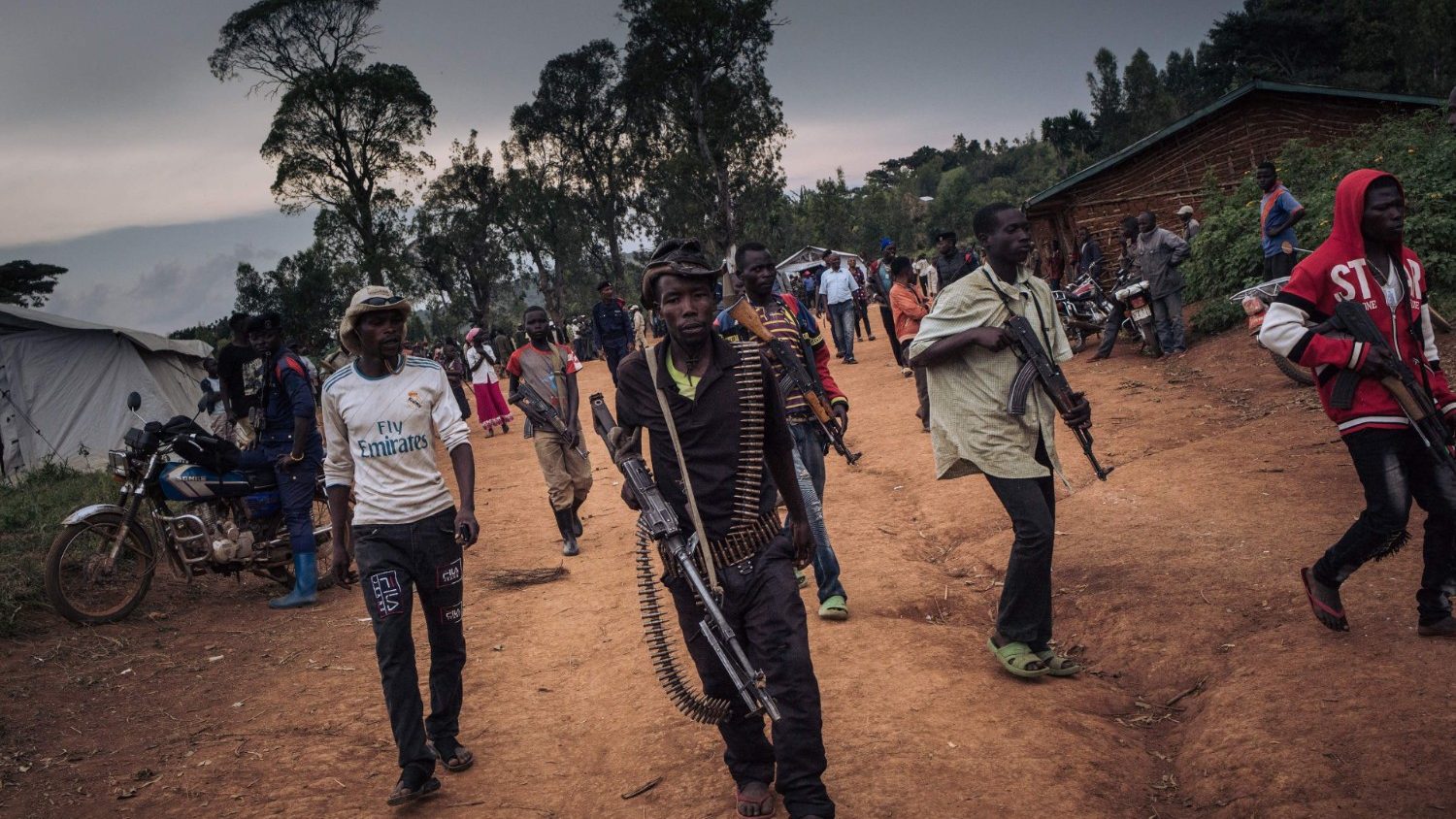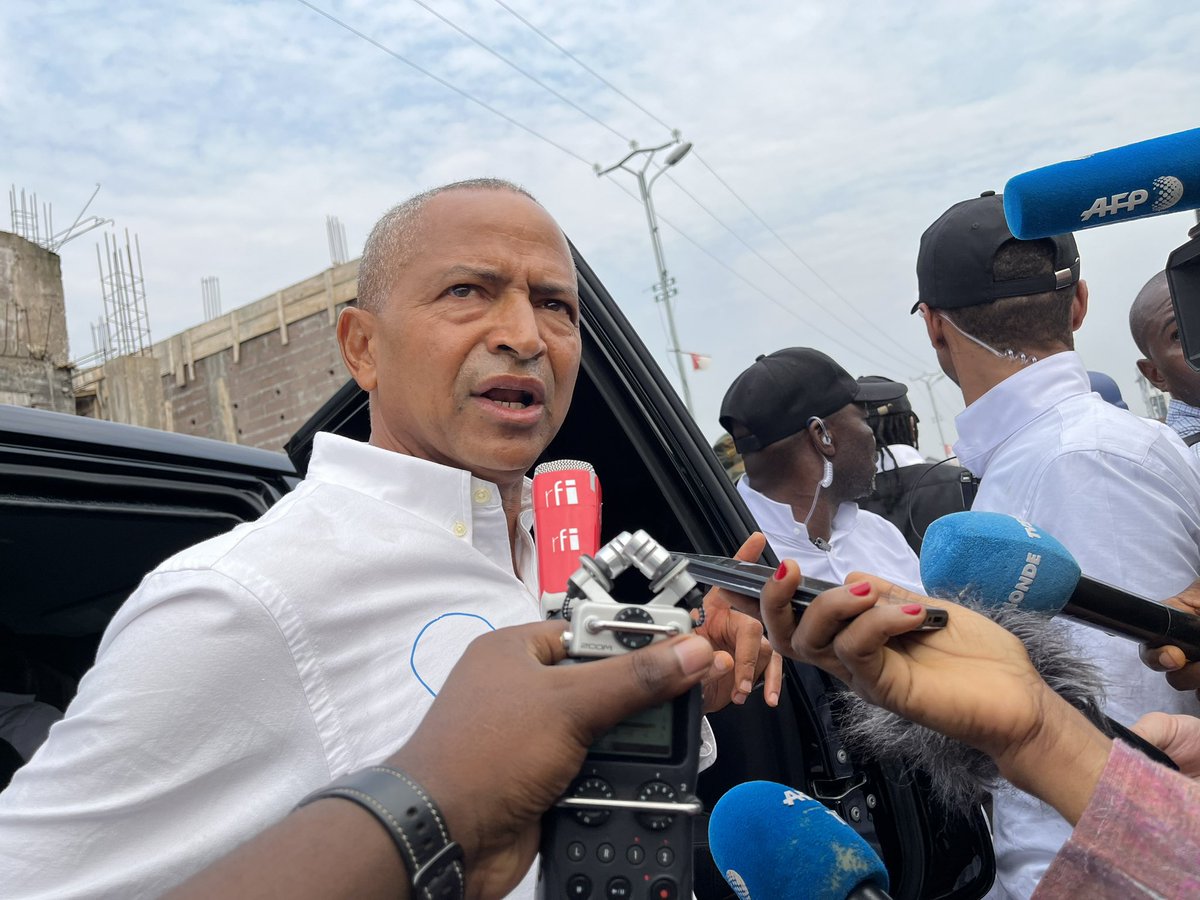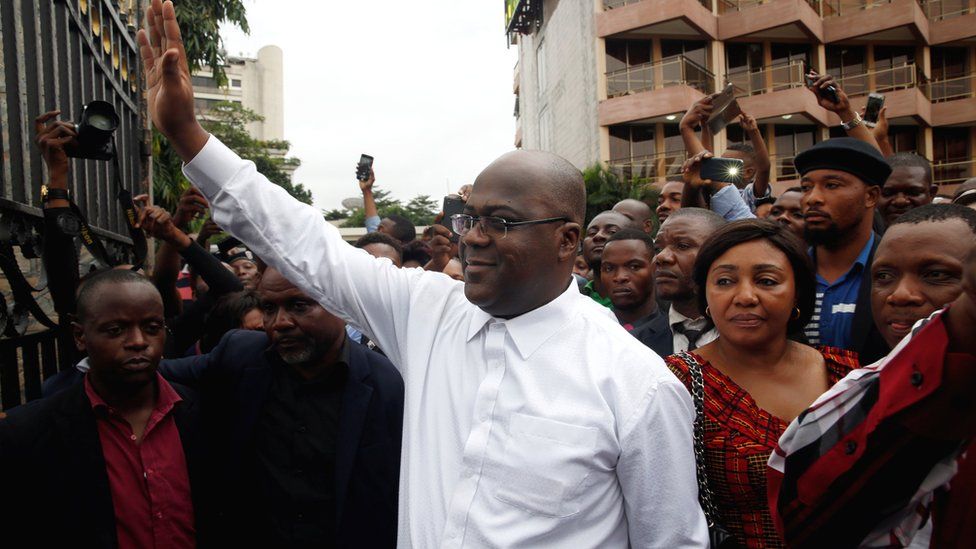Regional
DRC: Tshisekedi's first-term riddled with fraud, broken promises
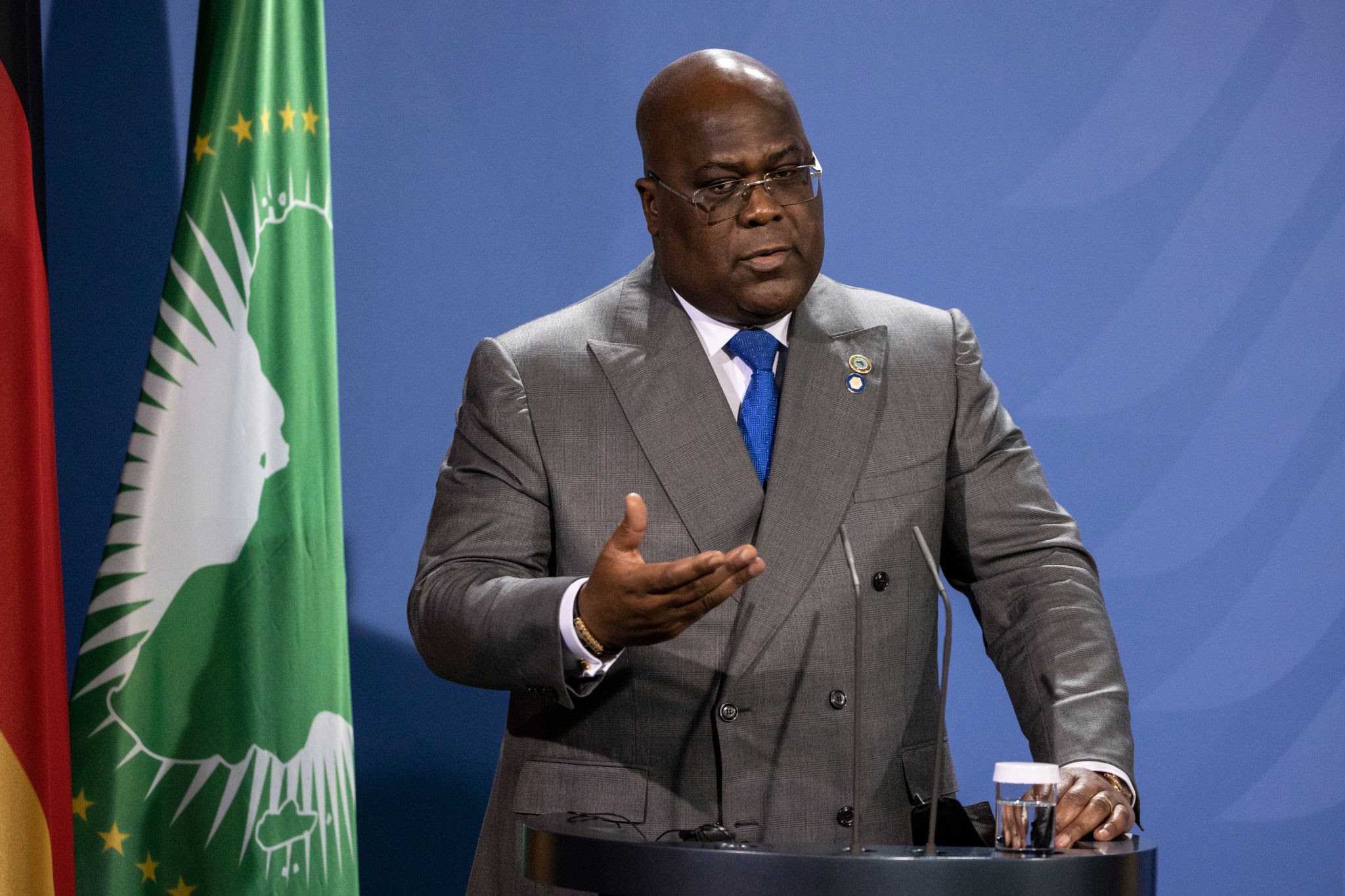
During
his presidential campaign in 2018, Democratic Republic of Congo President,
Félix Tshisekedi, listed a series of promises aimed at improving the lives of
the Congolese population.
He
vowed to end the security crisis, tackle corruption, boost the country’s
economy, and promote human rights and, the Congolese people were hopeful of
positive changes in their material conditions under his leadership.
But,
unfortunately for them, after five years in power and with a new round of
elections looming in December 2023, there is more trouble, misery and pain.
What has happened to the DRC and its people since his election is that
socio-economic conditions have worsened for the ordinary population in the busy
urban centres of the country. The
material conditions are worse for rural populations, where even a semblance of
state presence does not exist, various reports indicate.
Analysts
are of the view that Tshisekedi has exhibited disturbing instincts throughout
his first term. From free schools to peace in the east, Tshisekedi has failed
to deliver. He has not kept his word, and for that, he preferred to find
scapegoats.
Tshisekedi
is seeking re-election in the coming December polls. But he has no single
achievement to show in his effort at convincing the Congolese that he fulfilled
his promises.
The
60-year-old politician won a presidential seat in one of the most disputed and
controversial presidential elections in DRC’s history. Now, more than ever, no
political analyst believes that he deserved the position of head of state.
Tshisekedi’s
term manifested a surge of corruption cases in government offices, especially
among his close circle. In September 2022, leaked videos went viral showing
Vidiye Tshimanga, the special strategic advisor to Tshisekedi, offering
unlimited access to the country’s mineral resources in exchange for bribes,
including shares in the companies and underhand paybacks, for himself and the
president.
The
video exposed the inner image of Tshisekedi’s circle, and the high levels of
corruption in the country.
A
report by the inspectorate General of Finance (IGF) revealed massive
embezzlement of taxpayers’ money. According to the findings of an audit
of the government's payroll, the IGF noted numerous irregularities, with tens
of thousands of ghost employees.
"The
monthly loss of earnings suffered by the Treasury is 148,999,749,440.95
Congolese francs ($66.2 million)," the IGF stated.
The
Congolese public finance watchdog says that more than 145,000 paid agents have
incorrect, fictitious and fabricated registration numbers for payroll purposes. Nearly
$800 million is lost annually from the public treasury through this kind of
embezzlement, the IGF report concludes.
Other
than corruption, the president’s incompetence and lack of coordination of the
security forces became an opportunity to rebel groups that have increased to
more than 130 in the country’s east. The DRC is grappling with renewed fighting in its eastern region,
as well as renewed tensions with Rwanda which he claims is aiding the M23
rebels.
Tshisekedi
failed to solve the problem of the persecution and hate speech against
Kinyarwanda speaking Congolese, which led to the M23 resurgence in late 2021.
Since
he assumed office in 2019, the security crisis in eastern DRC worsened. Hundreds
of Congolese living in the region were killed while millions others were displaced
internally or fled to neighboring countries.
Tshisekedi's
failure in addressing the rebellion shifted from declining dialogue with the
M23, as he was urged by his regional counterparts, to accusing neighboring
Rwanda of backing the rebel group. Kigali has consistently denied the
allegations.
Related: DRC:
Why Tshisekedi does not qualify for a second term
Tshisekedi’s
promise to promote human rights failed too.
In
2020, the United Nations Joint Human Rights Office (UNJHRO) in DRC reported
that Congolese soldiers were responsible for the highest number of human rights
violations, 22 per cent.
From
2008 to 2012, massacres were less severe, but they intensified dramatically
from 2019 to 2021, according to a report by the Congolese parliament.
From
police brutality to persecution and repression, violence against political
opponents is increasing countrywide. Tshisekedi is behind these human rights
abuses.
Several
opposition figures including Mike Mukebayi, and Franck Diongo of Moïse
Katumbi’s party are under arrest.
Chérubin
Okende, a Congolese opposition lawmaker was found dead in a car on July 13, in
Kinshasa.
Jean-Marc
Kabund who left Tshisekedi’s UDPS to form his own political party, said that he
could not work with Tshisekedi for his lack of clear vision, notorious
incompetence and institutionalized mismanagement characterized by the carelessness,
irresponsibility, and predation at the top of the state by the president’s
camp.



